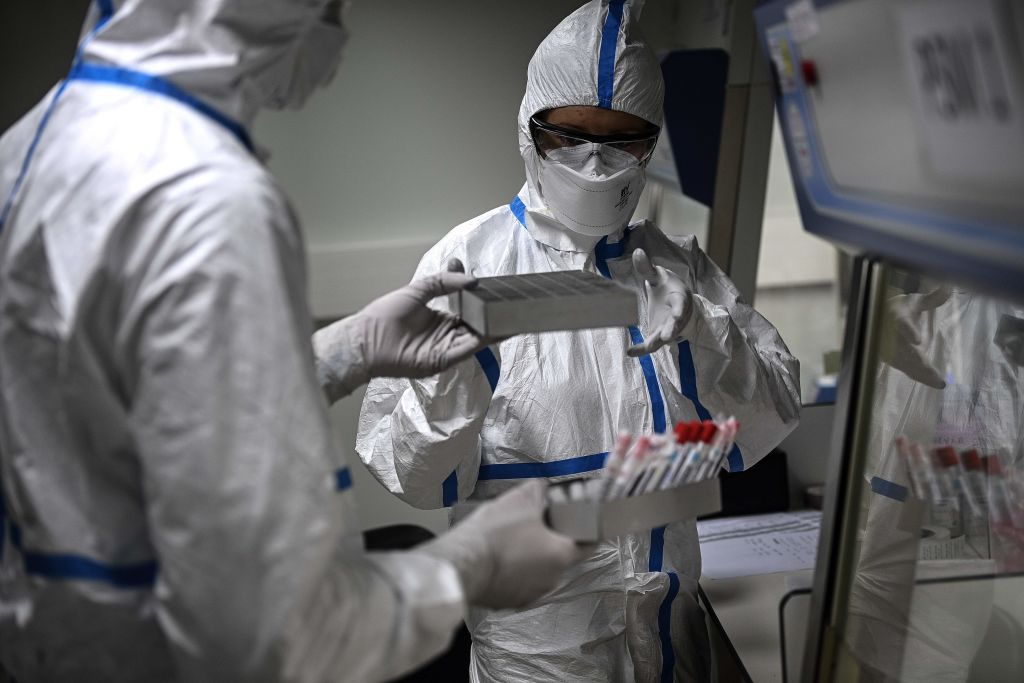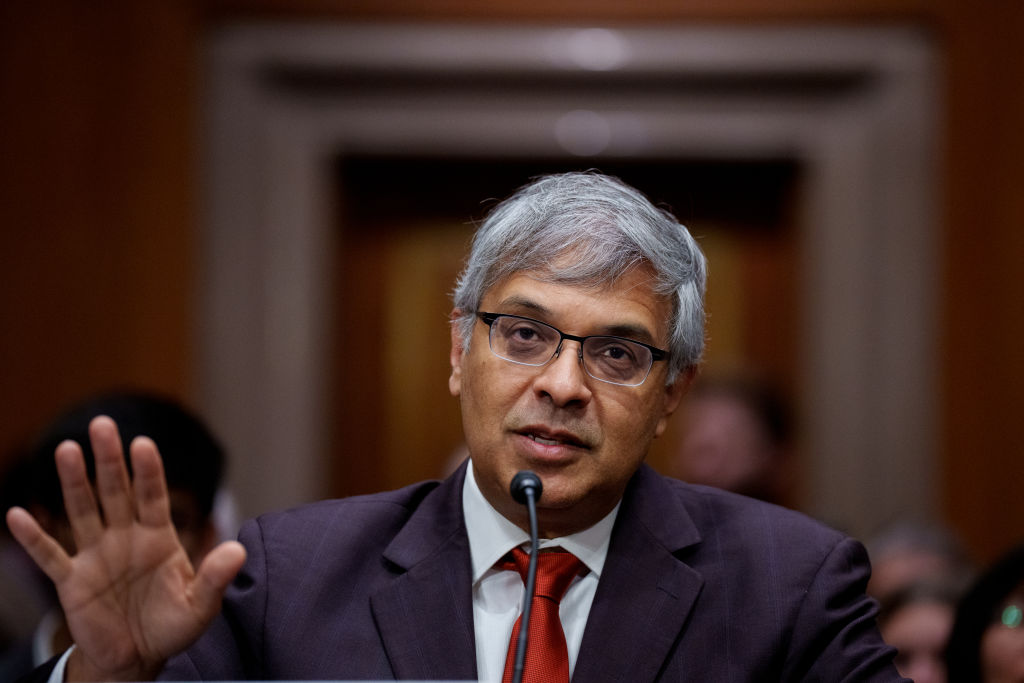Should we worry about new COVID variants? Much has been made in recent weeks about the potential for new COVID strains to arise, and the danger of a new super variant bypassing all our vaccines and bodies’ existing defenses to cause another global pandemic even worse than this one.
But while I would say that this is not impossible and could happen, it would be very unusual if this took place.
We know from previous epidemics what happens when a population encounters a new virus. When Europeans first discovered South America, the viral infections they imported — measles, chickenpox, smallpox, influenza — killed more of the indigenous people than any of the related wars taking place.
But over time, people (particularly during childhood) gradually acquire a certain level of immunity, resulting in improved survival when later exposed to these viruses. Smallpox has now been eradicated and immunity to measles and chickenpox is very stable and generally lasts for life.
Even in modern times, we see a difference in mortality between ‘endemic’ populations and ‘visiting’ travelers for many infectious diseases — like Lassa fever and malaria — where local populations have gradually developed some degree of immunity over decades of exposure which reduces the impact of the disease.
This makes perfect sense from an evolutionary viewpoint — it is much better for a pathogen to keep its host alive, because otherwise it cannot replicate and will eventually die out.
Although there are some differences, the viruses causing flu (influenza) and COVID-19 (SARS-CoV-2) are similar in that our natural immunity will adapt and respond to each new virus variant with new generations of specific antibodies (produced by B cells) and T-cell responses — and our immune system can remember these different virus variants for life.
In addition, although single protein vaccines (like most of the COVID-19 S protein vaccines) will induce an immune response specific to just one coded antigen, when someone is infected with the actual virus, this stimulates a broader range of longer lasting immune responses that can also offer partial cross-protection against similar infections.
Even if you are vaccinated with a single protein COVID-19 vaccine, your immune system will likely occasionally encounter the SARS-CoV-2 virus as you just breathe in the air around you — and this will still trigger specific immune responses — even if the infection does not ‘take’ due to the vaccine.
If the virus contains some mutations that made the vaccine less effective, or your vaccine antibodies have significantly waned, you may experience a mild or even asymptomatic infection, but then your immune system will remember these virus variants and react quicker to them in the future.
With the recent news of the South African and now the Brazilian (P1) variants, as well as the Kent, Bristol and Liverpool variants appearing in the UK population, how effective can we expect the current first generation of COVID-19 vaccines to be? The recent data suggests that the Pfizer vaccine will retain most of its effectiveness against these variants, whereas the protection from the AstraZeneca vaccine should still be effective against the earlier Kent variant, but may be less effective against the other variants (which possess the E484K S protein mutation) — but exactly how much less in real life at a large population scale, remains to be seen.
Over a lifetime, your body will build up an immunological library of SARS-CoV-2 variants and immune responses so that by the time you are over 65 years old — unlike the 65 plus-year-olds in 2020 — your body and immune system will have a massive army of partially cross-reactive/protective antibodies and T cells that are able to respond quickly to any new variant of the virus that will reduce the severity of illness and buy you time whilst you are developing a new, specific immune response to that new virus.
Of course, new super variant viruses are possible — this is why we get influenza pandemics every few decades — but these are rare, and in between such pandemics, we should not see the terrible mortality we saw in 2020 when the world population was exposed to COVID-19 for the very first time.
Dr Julian W. Tang is a clinical virologist and honorary associate professor in respiratory sciences at the University of Leicester in England. This article was originally published on The Spectator’s UK website.

























